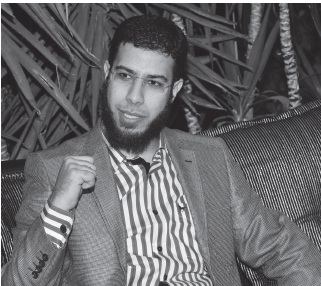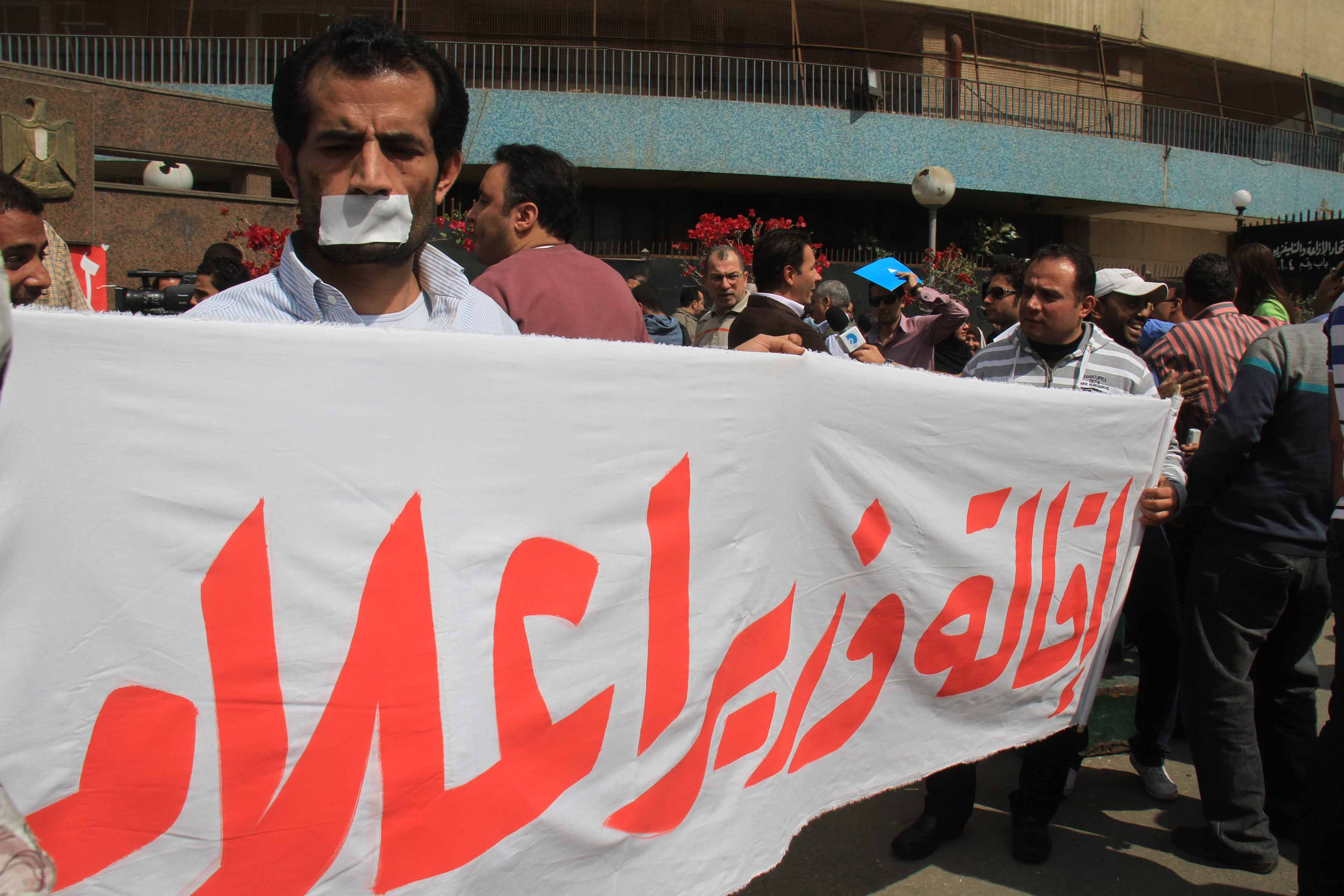The world will long remember Benazir Bhutto as a modern Muslim woman who served two terms as Pakistan’s first woman prime minister: bright, attractive, articulate, talented, courageous, charismatic, an astute politician and political leader who called for a secular democratic Pakistan. Benazir was all of these, but – like her father, Zulfikar Ali Bhutto, and a number of other Pakistani political leaders – she also left a flawed political track record that both reflected and contributed to many of Pakistan’s problems.
Benazir Bhutto was an avowed reformer who in two terms as prime minister failed to bring major political or social change; a leader who did little for the overwhelming number of poor Pakistanis who live in a feudal society; a celebrated feminist who, despite promises as prime minister, did little to improve women’s status or reverse Zia ul-Haq’s so-called Islamization policies; a secular democrat whose leadership of the Pakistan People’s Party (PPP) and governance as prime minister reflected Pakistan’s feudal politics, with a record of widespread corruption and human rights violations that were severely criticized by international organizations.
Like her father Zulfikar Ali Bhutto, she exerted power through an increasingly tough autocratic style, one-person dominance or rule. She declared herself head of the PPP for life and made no provision for leadership from among her many talented party leaders since the PPP was to remain a family legacy as witnessed by the “selection of her son and husband.
The recent political responses to Benazir Bhutto’s assassination highlight the key problems or fault lines endemic to Pakistani politics today, problems that have been exacerbated exponentially in a post-9/11 world. Both President Bush and President Musharraf were quick to blame Al-Qaeda and other Muslim extremists and to simply place the assassination within the context of the war on global terrorism and the forces opposed to democracy.
But as dangerous as these forces are, especially with the growth of Pakistani rather than foreign fighters, this single-minded scenario ignores the long-standing conflicting currents in Pakistani politics: a deep seated and unresolved identity problem regarding the relationship of Islam to Pakistani national identity and politics; the role of Islamic parties and movements and their clashes with a westernized elite; a strong military that has resulted in many years of military, rather than democratic, rule; and the role of feudal political leaders.
Although Mohammed Ali Jinnah, Pakistan’s founder and first leader, saw Pakistan as a Muslim homeland, his more socio-cultural understanding was not that of many other more “religiously-minded leaders. Thus, while Pakistan adopted a Western political structure, many Pakistanis took the country’s Islamic identity quite literally and seriously – as Ayub Khan, an early military ruler and modernist, learned when he had to back off his attempt to drop Pakistan’s title as the Islamic Republic of Pakistan. Zulfikar Ali Bhutto, a secular socialist, would himself turn to Islam after the Pakistan-Bangladesh civil war in 1971 in order to build bridges to Arab countries, counter the Jamaat-i-Islami (Islamic Party) and other religious parties and reinforce his popular base. However, the appeal to Islam would prove to be a two-edged sword as the Bhutto-appointed head of the Army, General Zia ul-Haq, would use Islam to legitimate his coup, the execution of Bhutto and the “Islamization of Pakistan. Ironically, years later, Nawaz Sharif would also play the religion card in his political struggles with Benazir Bhutto and the PPP.
Where do we go from here? The Pakistan-US “war on terrorism and “promotion of democracy have in fact resulted in a dangerous increase of the former and a threat to the latter. Religious extremism and terrorism have grown in Pakistan; extremists will only benefit from the current crisis. Islamic politicians and parties (mainstream and extremists) have increased their electoral clout, both in the 2002 elections and subsequently nationally, including control of both the North West Frontier Province and Baluchistan. Musharraf’s promotion of democracy has at best been a fig leaf, both in terms of the manipulation of electoral politics and the role of the military.
Though Musharraf took off his uniform, the generals remain a powerful and influential force capable of intervening at any moment. And regrettably, the tragic death of Benazir Bhutto has resulted in a new stage of Bhutto family feudal leadership of the PPP, only this time absent the charisma, talents and experience of Benazir.
Moving forward will require an enlightened leadership. At a time when widespread anti-Americanism (more accurately, opposition to the Bush administration) in Pakistan has become even more entrenched – as it has in many parts of the Muslim and non-Muslim world – one can at least hope for the laying of some groundwork for the emergence of future leaders.
Musharraf should begin with the restoration of some semblance of democracy by reconstituting Pakistan’s Supreme Court, announce a more specific timetable for national elections, and seek to work more closely with mainstream and political leaders rather than exploit the current fluid situation and thereby contribute to greater instability. The United States, given its political and military power, retains the ability and leverage to play a more constructive role in Pakistan – but that will require not simply looking for another “American candidate to install as Pakistan’s leader.
John L Esposito,university professor and founding director of the Prince Alwaleed Bin Talal Center for Muslim-Christian Understanding at Georgetown University, is co-author of Who Speaks for Islam? What a Billion Muslims Really Think . This article is distributed by the Common Ground News Service (CGNews) and can be accessed at www.commongroundnews.org.


